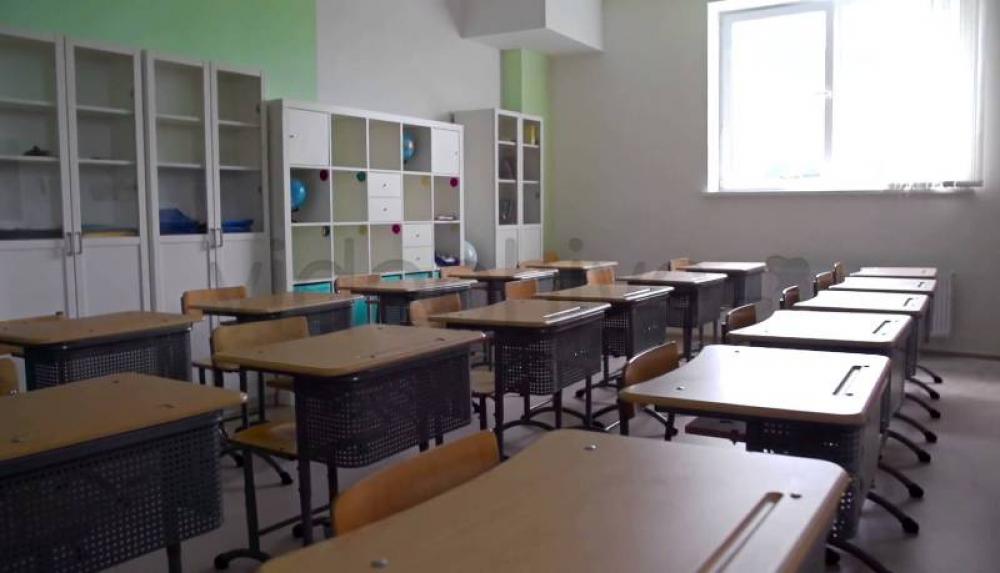Just Earth News | @justearthnews | 15 Jun 2018

Toronto: The Canadian Centre for Child Protection (Canadian Centre) has released the most comprehensive study of child sexual abuse by school personnel ever done in Canada.
This data reveals the number and nature of sexual offences committed (or allegedly committed) against children by employees within K–12 schools across Canada between 1997 and 2017.
The results are alarming
750 cases of sexual offences against a minimum of 1,272 children, carried out (or allegedly carried out) by 714 employees or former employees.
86%* of offenders were certified teachers, but other school personnel were also charged, including educational assistants, student teachers, special needs assistants, lunch monitors, volunteers, secretaries, custodians and school bus drivers.
138 offenders had another position that provided further access to children, most notably sports coaches (50%, at schools and/or in the community).
Victims were 75% female (69% high school, 17% middle school, and 14% elementary school), and 25% male (69% high school, 20% middle school, and 11% elementary school).
Recommendations for Change
“This study will alert schools to the risks so that they are armed with the information they need,” said Classen. “Given that we found more than 1,200 reported victims across the country, it is clear that more needs to be done to protect children.”
The Canadian Centre has included several recommendations in this report:
Disciplinary decisions by the bodies responsible for the certification of teachers need to be made publically available in every province and territory. Currently Ontario and B.C., and Saskatchewan as of 2017, are the only provinces in Canada that do so. Parents should have the right to know about any professional misconduct by the people with privileged access to their children.
Training and education on child sexual abuse prevention, beyond the statutory duty to report, should be made mandatory for all educators and school personnel.
Standards for accountability and transparency should be set by all school boards, including policies and practices for bringing forward and responding to inappropriate behaviour and boundary violations.
image: Screengrab from YouTube